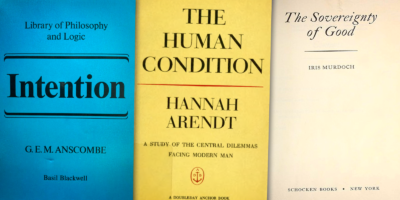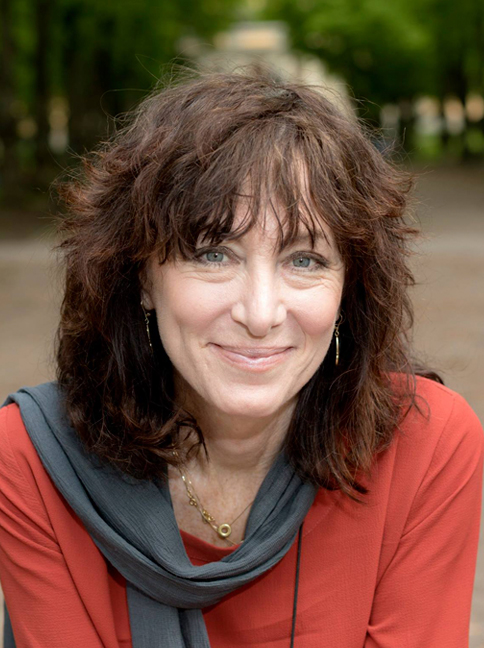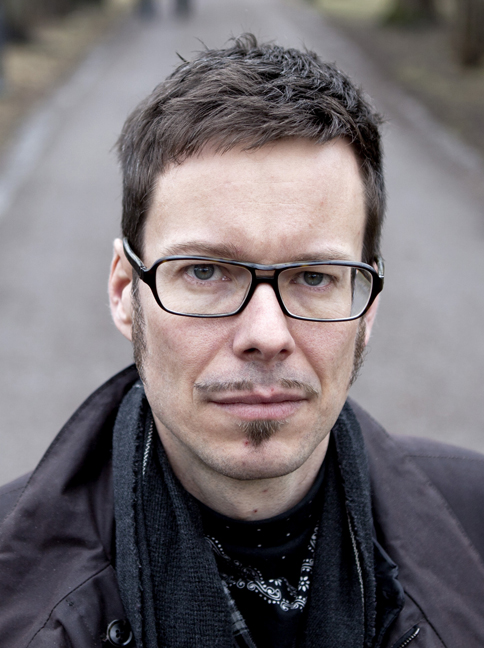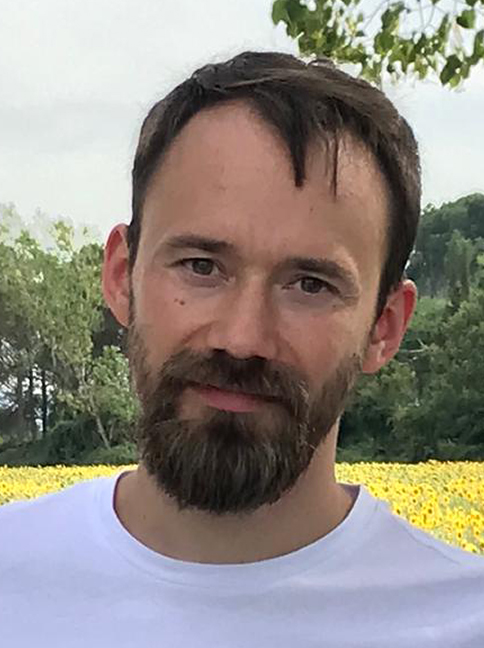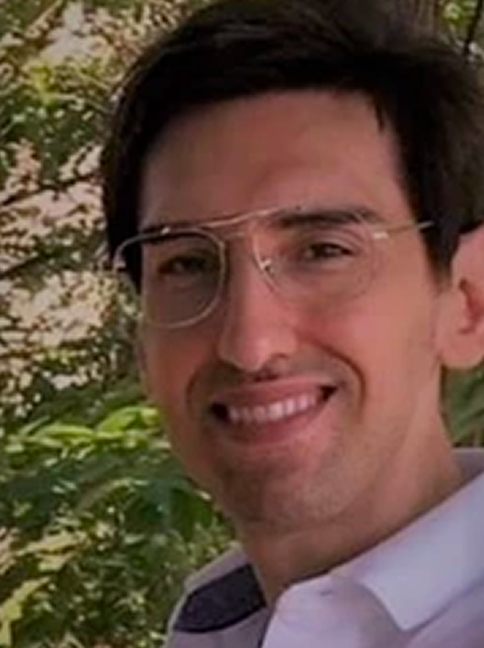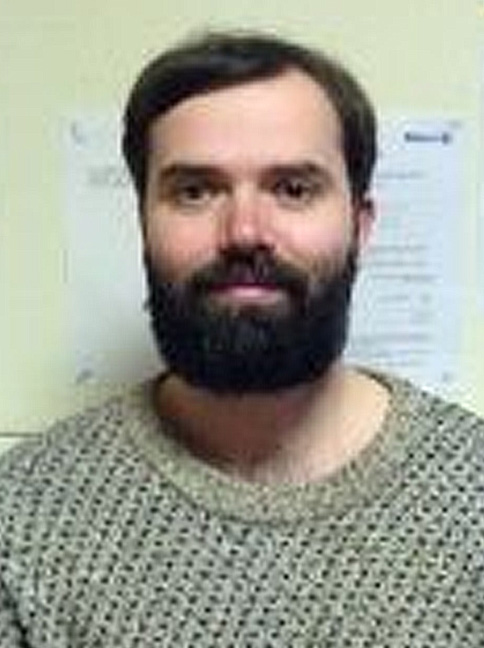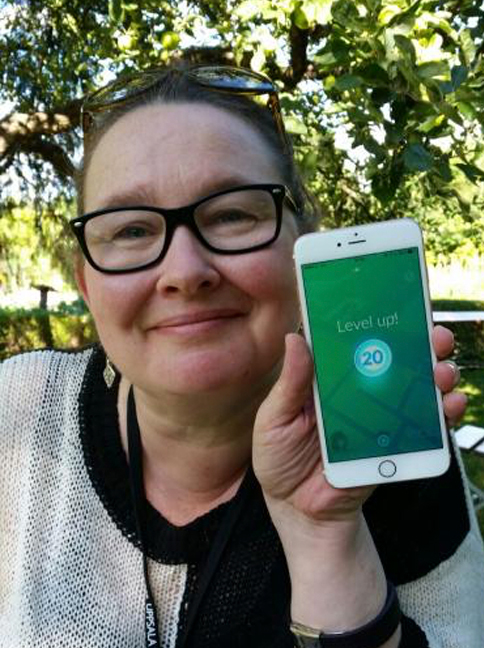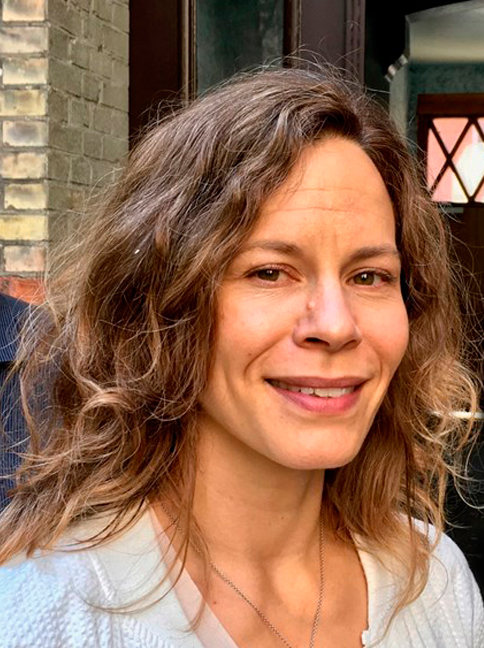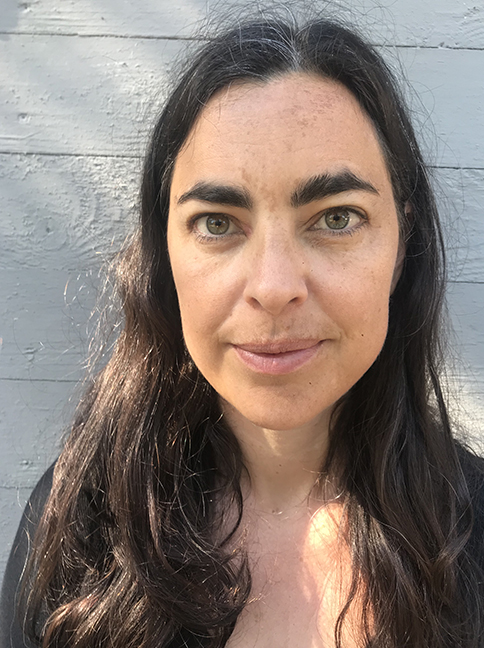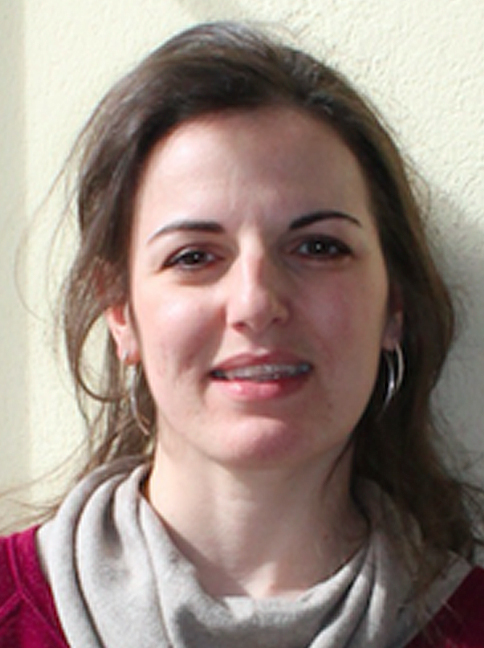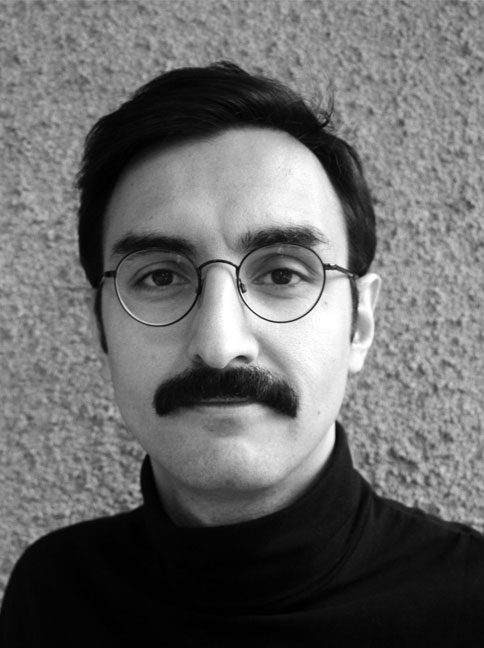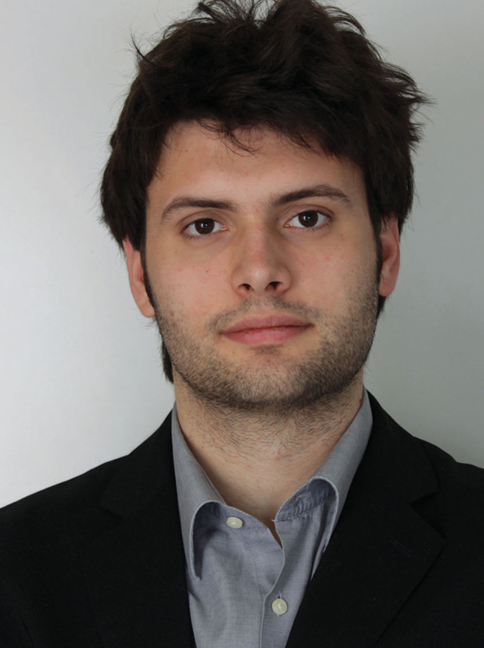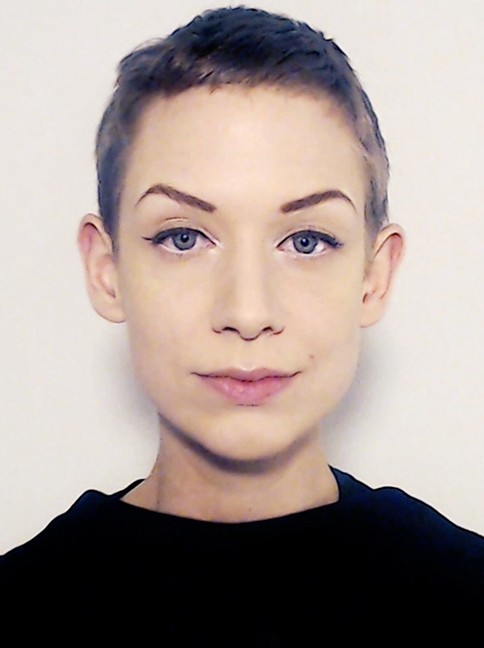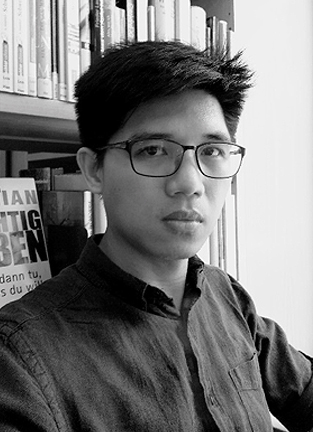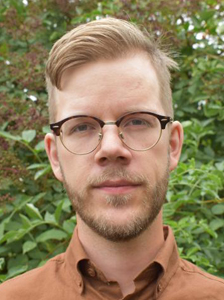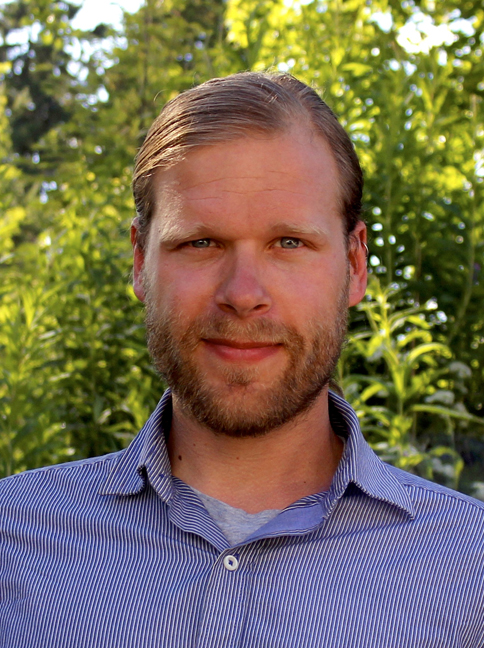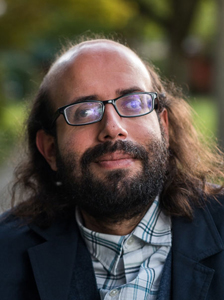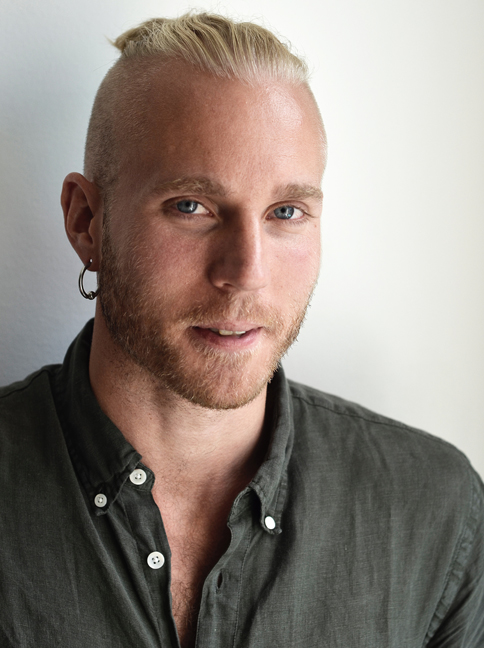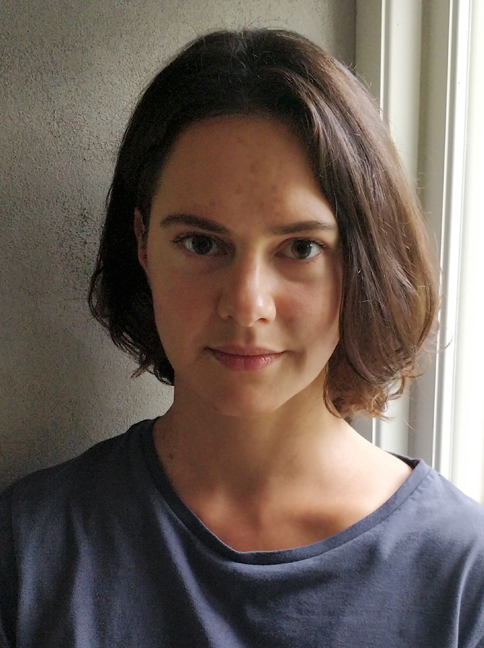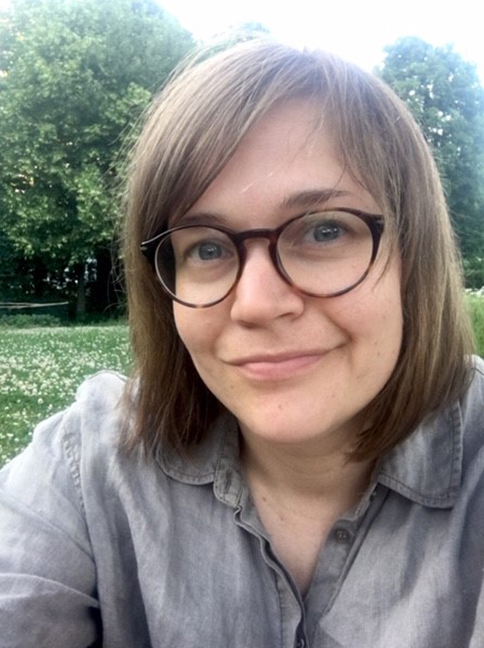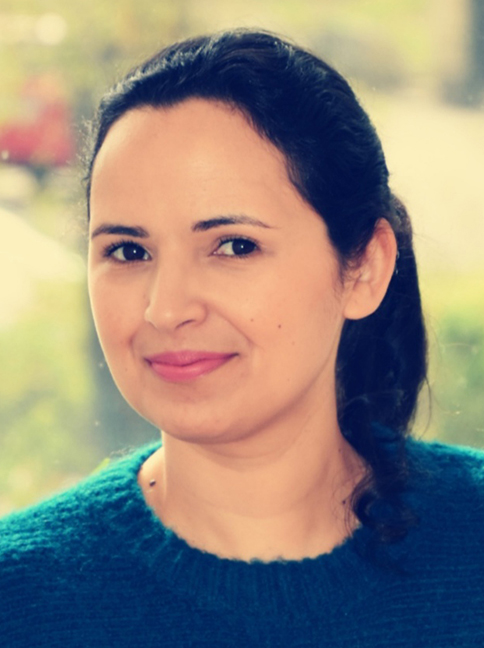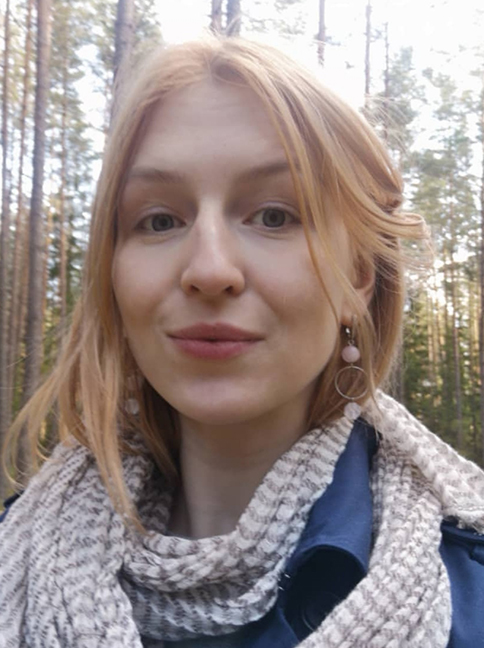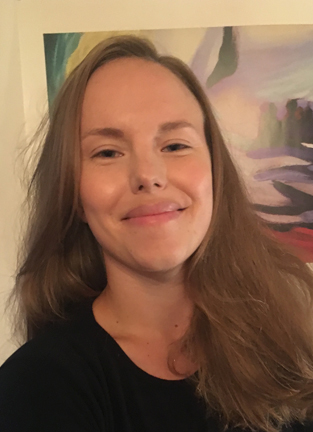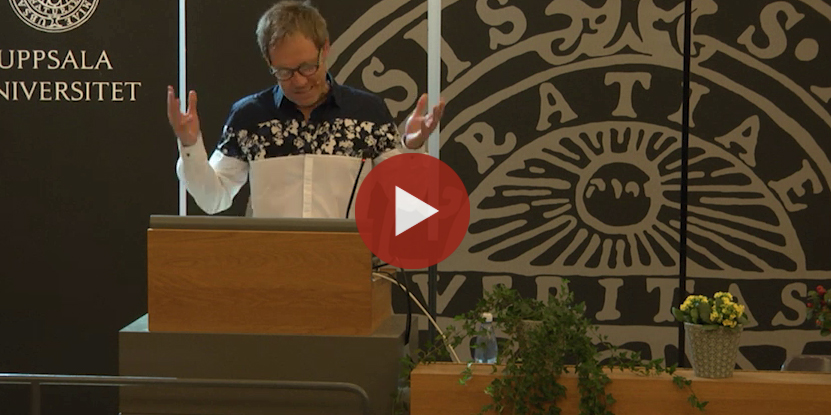In the spring term 2020, Professor Sharon Rider will be giving a graduate course titled Certainty, Uncertainty and Trust at Uppsala University. The first session will be held on Wednesday April 22.
This course is mainly aimed at doctoral candidates (from all fields). Doctoral candidates who wish to apply must send a brief email stating their interest to Mats Hyvönen: mats.hyvonen@antro.uu.se no later than Monday April 6. It is also open to masters students enrolled in one of Uppsala University's masters programs. Masters students who are interested in taking the course must first receive approval from the director of studies at the advanced level at their own department. For masters students applying to the course, please fill in the following form [click on this link to download the form] and send it via email to Mats Hyvönen: mats.hyvonen@antro.uu.se no later than Monday April 6. This course is also open to C-level students of Philosophy. C-level students who wish to apply must send a brief email stating their interest to Mats Hyvönen: mats.hyvonen@antro.uu.se no later than Monday April 6.
How do we come to trust our knowledge of the world? By what means do we distinguish true from false accounts? Why do we consider certain statements more reliable than others? How is credibility achieved in practice, and what is the connection between universal or nearly universal acceptance and truth? By what criteria do we determine the truth of conceptual relations, and how do we come to accept those criteria? The attempt to answer these questions have been central to the philosophical endeavor since Plato. In this course, we will read a selection of philosophical classics (Plato, Descartes, Hume, Kant, Kierkegaard, Moore, Wittgenstein and Peirce) with a focus on uncertainty. Because of the historical perspective, we will try to understand the questions raised on their own terms, rather than as antecedents of current or conventional debates about skepticism, testimony and evidence, externalism/internalism, etc. At the same time, the potential relevance of the themes for contemporary problems will be addressed.
The selection of required readings will be made available before the start of the course, which will be conducted as a series of seminars. Attendance is mandatory, and the students will be asked to submit a short weekly reaction paper on the readings. The final grade will be based on meeting the requirements of seminar participation and the quality of the reaction papers, together with a final written paper.
Course aims and expected outcomes
The aim of the course is to make explicit and examine critically the basic premises undergirding a number of epistemological debates.
Upon completion of the course, the student should be able to
- describe the main theories of knowledge covered in the literature in terms of how each conceives the nature of certainty and with respect to the philosophical context in which it is framed;
- analyze different conceptions of the relationship between trust and knowledge, and questions or problems associated with each;
- apply these ideas to other problems in other areas of philosophy, such as ethics, political theory and philosophy of language;
- compare, contrast and evaluate the strengths and weakness of the different approaches discussed.
Preliminary schedule
April 22, 13-15, room 4-0019, English Park Campus
April 23, 13-15, room 4-0019
April 27, 13-15, room 4-0019
April 29, 13-15, room 4-0019
May 4, 13-15.30, room 4-0019
May 6, 13-15.30, room 4-0019
May 7, 13-15.30, room 4-0019
May 11, 13-16, room 4-0019
May 18, 13-16, room 4-0019
May 19, 13-16, room 4-0019



